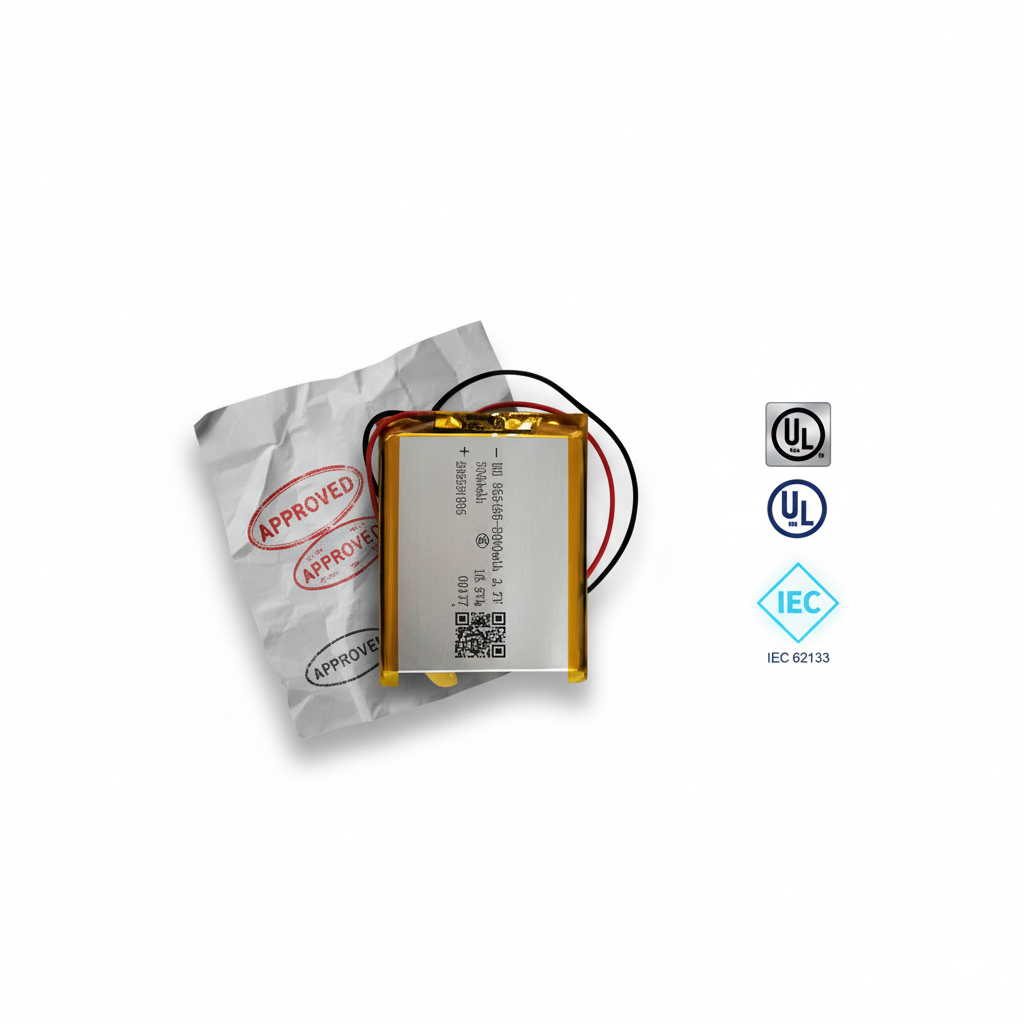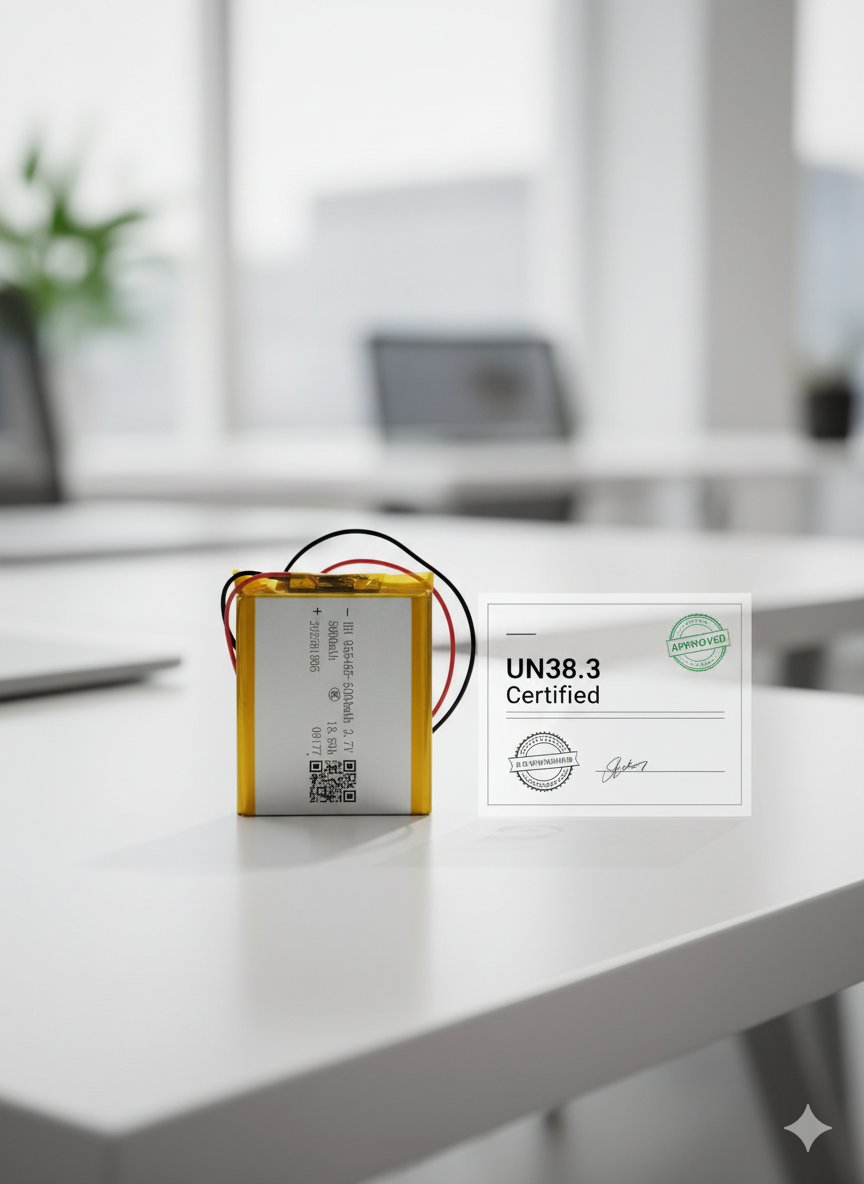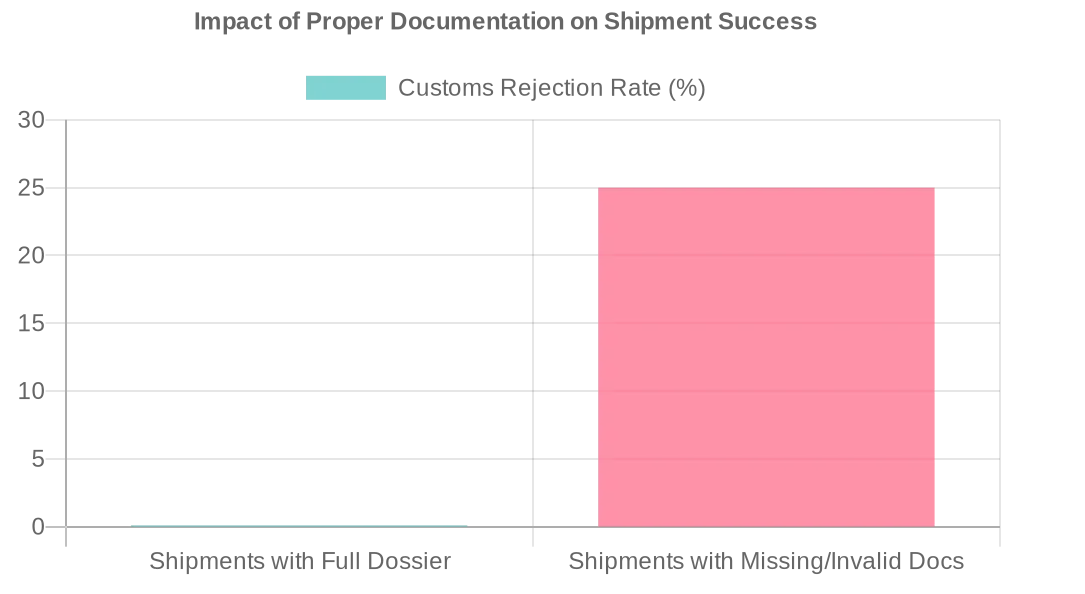Massager Battery Certification: A B2B Sourcing Guide
- By Grace
- Updated on
I’ve seen it happen more than once. A client gets a fantastic price from a new supplier, the product looks great, and the container ships. Then, silence. The shipment gets flagged at the Port of Los Angeles for improper battery documentation. Days turn into weeks of frantic emails. The container is eventually seized, and the entire investment is just... gone. This isn't just a delay; it's a catastrophic failure that can cripple a business overnight.
Let me be blunt: when it comes to importing massagers with lithium batteries from China, massager battery certification is not just another piece of paperwork. It is your business insurance. Thinking of it as an optional "cost" is one of the most dangerous assumptions a sourcing manager can make.
This isn't just about ticking a box for private label massager compliance; it's about protecting your capital, your brand, and your customers. Let's break down exactly what you need, why it's non-negotiable, and how we make sure every product you receive is regulatory-proof.
Why Is This a 'Bet the Business' Issue?
The temptation to save a few dollars per unit by skimping on certs is real, but it's a classic trap. The potential downside isn't a small loss; it’s a total loss, often coupled with fines and potential legal action.
A client—who now works with us exclusively—told me about a near-disaster he had with a previous supplier. A massive holiday order was stuck in customs because the battery's MSDS didn't match the UN38.3 report. His supplier went silent. He had to pay an army of local consultants exorbitant fees just to get the shipment released, completely wiping out his profit margin. He got lucky; most don't.

The global supply chain for products with lithium-ion batteries is a minefield of strict international regulations. These aren't suggestions—they're laws, enforced by customs, airlines, and shipping lines. The reason is simple: safety. A poorly made battery is a fire risk. If you import a product without the right certifications, you're not just violating a shipping policy; you are personally assuming full liability. Imagine the fallout from a product recall because a battery overheated. The damage can be irreversible.
The Real Cost of Cutting Corners
The financial risks go way beyond the cost of the goods. A single compliance failure can trigger a cascade of expensive problems. It's a risk no well-run business can afford to take.

So, What Certifications Actually Matter?
Navigating the alphabet soup of certifications can be a headache, but for massagers with lithium-ion batteries, you really need to focus on two: UN38.3 and IEC 62133. Think of them this way:
- UN38.3 is the battery's passport. It gets it on the plane or ship.
- IEC 62133 is its safety inspection. It protects the end-user.
We had a client shipping to Australia who needed to provide the full RCM certification dossier to a major retailer. Because we already had the IEC 62133 and UN38.3 reports on file, we sent them the necessary documents in under an hour, helping them secure the deal on the spot. That’s the level of preparation you should expect from a massager supplier with certified batteries.

To be crystal clear, UN38.3 certification for massagers is all about transportation safety. It puts the battery through hell—simulating altitude changes, thermal shock, and short circuits—to ensure it won't fail during transit. Without it, your shipment is legally barred from leaving the port. On the other hand, IEC 62133 massager safety is all about end-user safety. It ensures the battery is safe under normal use and foreseeable misuse (like overcharging). You need both. One gets your product to the warehouse; the other protects you once it's in a customer's home.
Your Non-Negotiable Certification Checklist
This table breaks down the essentials. If a supplier can't provide current, verifiable reports for these, it's a massive red flag. Walk away.

How Do We Guarantee Compliance in Every Single Batch?
Getting a product certified once is the easy part. The real challenge—and where many suppliers fail—is ensuring that the 10,000th unit is just as compliant as the first. It's common for factories to use a high-quality certified cell for the prototype, then switch to a cheaper, uncertified alternative for mass production to save a few cents.
A new client came to us after discovering their previous supplier had changed the battery cell model without telling them, which invalidated all their safety certifications. That's why we have a "Frozen BOM" policy. It contractually guarantees that no critical components, especially the battery, will ever be changed without explicit, written approval. This is how to verify massager battery certifications from China and sleep at night.

Our commitment is built on a system of total verification. It moves you from hoping you're compliant to knowing you are.
Bottom line: massager battery certification is not a cost center. It is an essential investment in your supply chain's stability and your brand's future. Don't leave it to chance. Partner with a manufacturer who treats compliance with the seriousness it deserves.
Ready to see what a complete, verified compliance dossier looks like? Contact us, and we can provide a sample for your target market.




